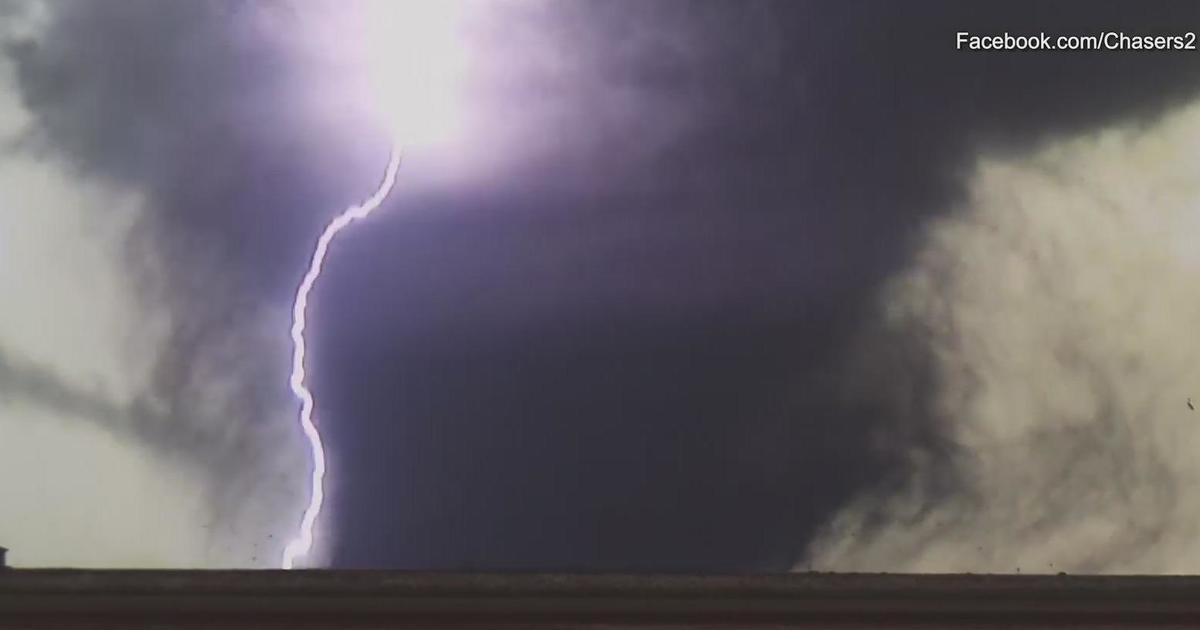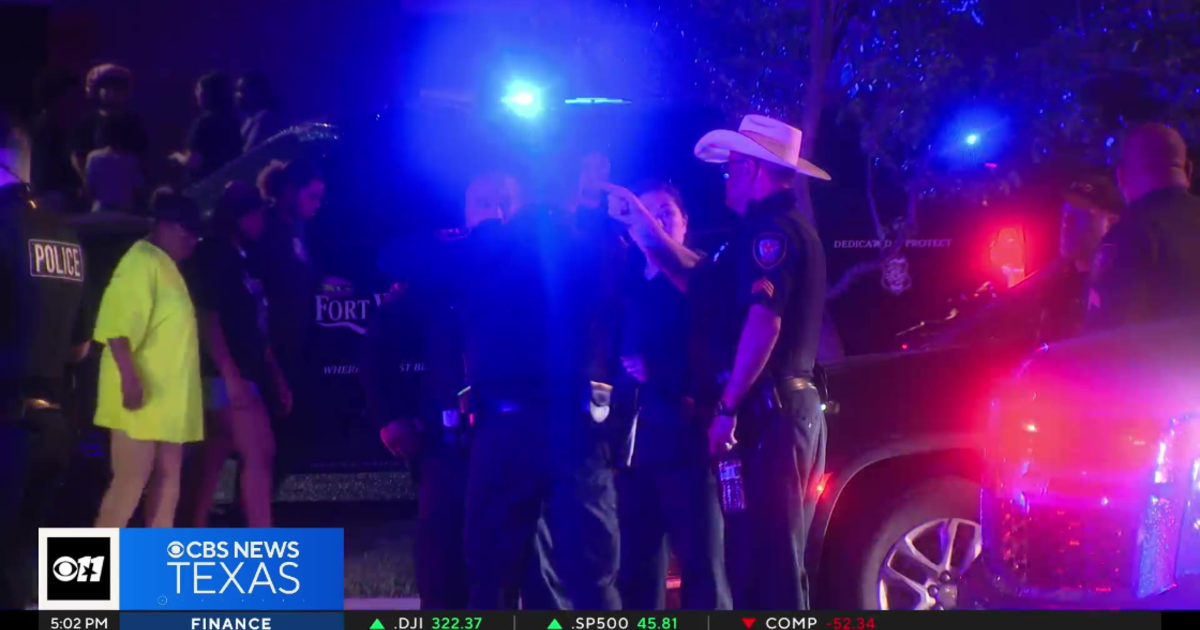Why are Texas teachers quitting the profession in record numbers? Here's what they told us.
To see our extended report and interview with these former teachers, click here.
NORTH TEXAS (CBSNewsTexas.com) — Teachers are quitting in record numbers.
It is happening nationwide, but last year Governor Greg Abbott ordered the Texas Education Agency to immediately form a task force to figure out how the state could address the loss, worried the absence of qualified teachers could impact children's education.
A year-and-a-half later, many teachers are still leaving.
We invited six to our CBS News Texas studios to find out why.
"We represent different grade levels; we represent different ISDs," said one of the panelists, Myrianne Gable.
All six, though, have one thing in common. They all recently quit. "It takes a toll," said Megan Jackson.
"I could not do it anymore," said Amy Schmidt.
Schmidt says her mental health was suffering.
"I'd increased anxiety medicine, depression medicine," she said.
Derrick Spencer recalls the panic attack he suffered.
"I just felt like I was choking and I was like what's going on," he said.
Gable suffered from high blood pressure. "I started having nosebleeds. I never had nosebleeds."
Aimee Rodenroth was in her car when the stress came crashing down.
"I was driving, and I'm like, 'I'm having a heart attack. I'm having a heart attack,'" she said.
Rodenroth had followed her mother's footsteps into the profession.
"Growing up, my mom was a teacher," she said. "In fact, she was my teacher in first and fourth grade."
Spencer saw the chance to make a difference.
"There weren't a lot of African American males in elementary," he said.
And, Gable was inspired.
"My high school math teacher...she looked like me. She had poise. She just gave me a chance," she said.
Together, the group of six teachers have a combined 140 years of experience.
Stepping away wasn't exactly easy.
"I can't do it anymore, but that's where my heart is," said Jackson.
"I just cried," admits Missi Crossley, leaving her last group of students.
Still, the TEA reports more than 13% of the state's teachers—nearly 50,000 of them—left the profession last year, making it the highest number on record.
There's more than just one reason, the group told us, for the exodus.
A good starting point is the money or, more accurately, the lack of it.
"I know I didn't get into it for the money. I know I didn't get into education for the money, but I sure thought it'd be a lot easier than having to hold down a couple jobs to maintain the whole time," said Rodenroth.
The average starting salary for a teacher in Texas, according to the National Education Association, is $45,493. As they gain experience, salaries increase, but not by much.
Veteran Texas teachers, the NEA found, top out on average at $64,739.
"I've talked to my ex-students who are graduating and who are going into college. And I go, 'What are you going to do?' 'Well, I would be a teacher, but the main things are the drawbacks.' The money. They can't survive. They can't survive on what they're getting paid. And, the retirement. I'm retired and I laughed at what I was going to get for my retirement. Like I literally burst out laughing," Crossley said.
Gov. Abbott commissioned the Teacher Vacancy Task Force to spend a year looking at how to improve teacher recruitment and retention.
Topping its list of recommendations released this February was "a significant increase in overall teacher salaries."
The Texas Legislature considered a statewide teacher pay raise during their regular session, but in the end, failed to pass it.
The task force also tackled teachers' working conditions, recommending redesigned schedules that increase time for planning and development.
"Nobody tells you that you do all the extras," said Schmidt.
"You put out so much of your time and energy not just during the school day, but after the school day, on the weekends developing plans, making sure kids have what they needed," said Rodenroth.
Last year, a study by EdWeek Research Center found the typical teacher works 54 hours a week. Most spend less than half of that time, 25 hours, actually teaching students.
"I was having to consistently go through more training to look like I was constantly learning," said Schmidt. "Y'all, I went through a PhD program. Do you think I have enough education?"
And, if a teacher is good at what they do, this group says their job just gets harder.
"The teacher who works hard, the teacher who takes on the mother role, gets the most difficult children," said Gable.
"They get the tough kids, and they're not the kids who are going to get good scores on the standardized tests," said Rodenroth.
"The problem is you don't get any additional assistance even though you're getting all the kids who are struggling," said Jackson.
The pandemic only made it all worse.
"I don't know if anyone's ever tried to teach a third-grader on a computer. It's insane," said Crossley.
"Instead of the state stopping and saying, 'Alright, we're two years behind now. We need to help these teachers.' They just kept moving forward. And so you just feel defeated."
"Not just moving forward, requiring more work, requiring you to work longer, no additional pay," added Jackson.
Health concerns, they say, weren't taken seriously.
Spencer has been living with non-Hodgkins Lymphoma, a blood cancer, since 2017, putting him at increased risk during the pandemic. He was initially approved to work from home.
"But then, I started to get emails from the district and they're like, 'Yeah, it's time for you to get back.' So, I called somebody in the district, and they're like, 'Do you pray?' What? What does that have to do with anything? What does praying have to do with coming back to school?" he recalled.
Every teacher on the panel saw the effect of increased stress on their health.
"The doctor came in and was like, 'Are you under a lot of stress?' And I go, 'No.' And he's like, 'What do you do?' 'I'm a teacher.' 'Yes, you are.'" said Crossley of an appointment she made for vertigo symptoms.
CBS News Texas studied all 160 bills proposed this year that would have affected teachers. Most never made it to a vote.
In the end, not a single of the task force's recommendations became law.




